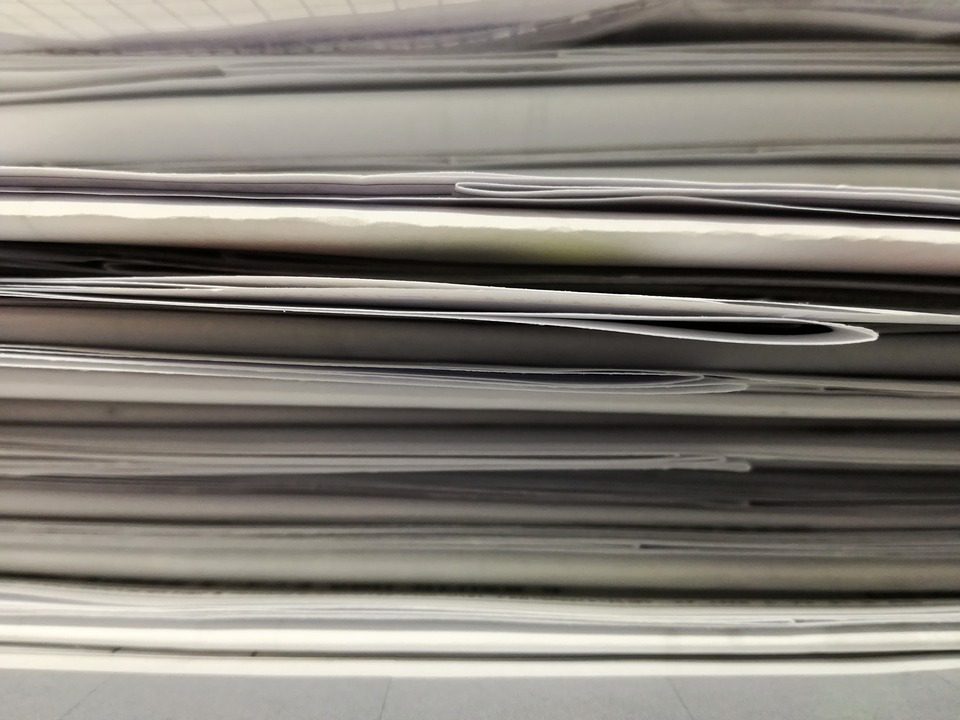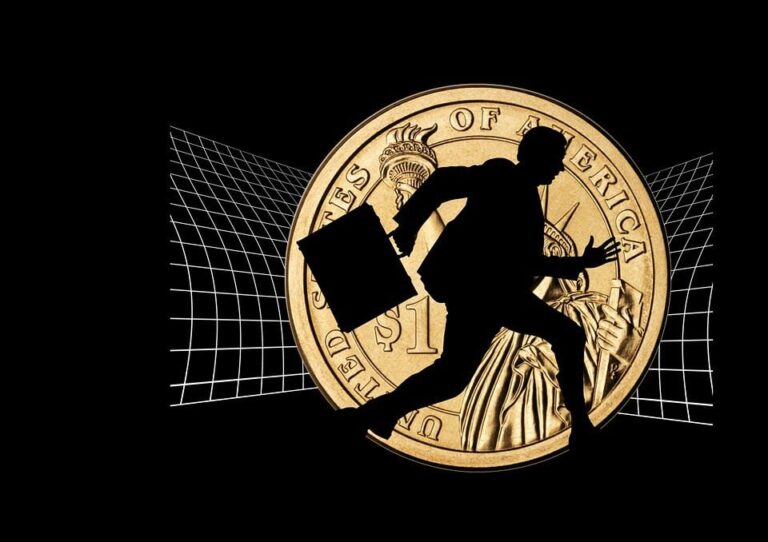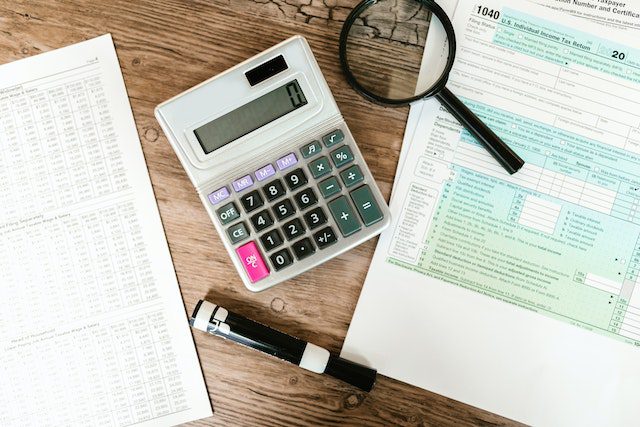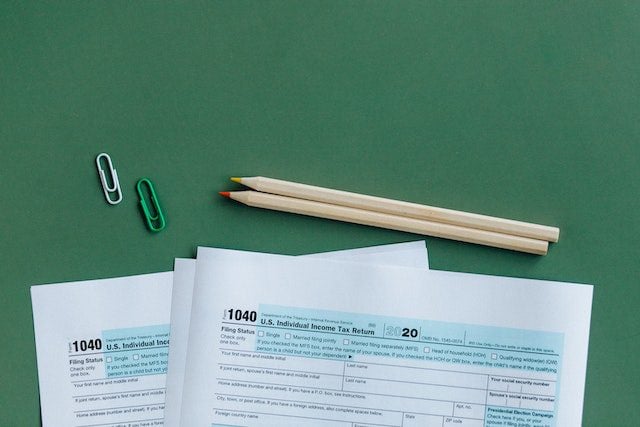Tips from Tax Experts: What IRS Documents Should You Keep?
During the era of Covid-19, when many of our homes have started to serve as dual-purpose offices, gyms, shopping centers, and cinemas, many of us are looking around with an eye to tidy things up and maximize our space. In your desire to clear out the clutter, you might be eyeing those tax papers under the bed or the ones causing your fireproof box to bulge.
Do you really need all those old income tax returns hanging around? What would the IRS realistically expect you to keep? Do you still need hard copies if you file electronically? Something to do with seven years, wasn’t it?
This article will answer some basic questions about which IRS documents you should keep, and which should make their way to the shredder. We’ll discuss the answer first in broad strokes. Indeed, there is one easy rule that will ensure success, although it might also mean that you save a few more papers than necessary. We’ll then point you toward resources for researching more in-depth answers about which IRS documents to keep, for those of you who appreciate knowing the details.
How long do I need to keep IRS documents?
Seven years. Full stop. To be on the safe side of the law, with the least amount of effort, and without reading the fine print, keep all your IRS records for seven years.
There are a couple of exceptions to that rule:
- Keep IRS-related records indefinitely (i.e., for longer than seven years) if you file a fraudulent return.
- Keep IRS-related records indefinitely (i.e., for longer than seven years) if you don’t file a return at all.
(Hard to miss the humor there. Is the IRS really instructing people about how to be organized in their tax evasion attempts?)
A word on filing a false return – or not filing a return at all. These are illegal behaviors that will result in very real punishments. Not filing a federal tax return is classified as a misdemeanor or a felony, depending on the situation, and can result in jail time, a criminal record, and fines. For more information about why it is a very bad idea not to file a federal tax return, see here or here.
The same standards and guidelines apply to digitally-saved records that apply to hard-copies. As long as you keep your paperwork for seven years, it doesn’t matter if you keep hard copies or digital copies. Many people opt to save their IRS records digitally and don’t retain any hard copies at all.
Digital records are relatively safe compared to hard copies of records. Digital records, especially if backed up onto the cloud, don’t get ruined in basement floods or used as scratch paper by your kids. Ink fades on many kinds of receipts, which may cause a problem if you need to prove business-related expenses. People who meticulously save their business receipts have been dismayed to find their business-related receipts faded to blank white slips after just three or four years in storage.
On a personal note, I have saved at least the first two pages of my tax returns ever since I first filed. I find it interesting to see how my gross income and my deductions have changed over the years. My tax returns record other interesting personal details as well. The first pages of my tax return are a snapshot, revealing at a glance what would take many paragraphs to write. So remember that you’re not just saving financial documents; you’re preserving a bit of personal history as well.
Once digital copies of your documents have been made, it can seem like more work to delete files than just leave them be. There’s nothing wrong with saving digital IRS records for longer than seven years, especially when they are online and not taking up space in your home office.
If you do decide to get rid of old records, don’t just throw them in the trash. Your tax records would be a bonanza for an identity thief. Make sure you find a shredder or use your records as kindling in your fireplace.
OK, now I’m ready for the more detailed answer you promised…
There’s nothing wrong with being the sort of person who likes to read the small print. Why keep stacks of papers for seven years, if, after a few minutes of research, you could do some precision surgery on that pile, keeping only what you really need and throwing away everything else? If this is you, read on.
The sweet secret for those willing to pay the price for this knowledge is that most IRS paperwork only needs to be kept for three years. For those of us whose tax returns are as thick as our high school chemistry books, clearing out even half of that paperwork would be as satisfying as it was to burn our school books on the last day of high school.
Basic tax records only need to be kept for three years, but there are many exceptions to this rule. For example, records need to be kept longer than three years if you file a claim for a loss from worthless securities or bad debt deduction. Records need to be preserved for six years if you mistake your gross income to be 25% or less than the actual amount. Employment tax records need to be kept for four years. And the list goes on. For more information about which documents can be shredded before the seven-year mark, see here or here.
And if you are trying to resolve old tax dept, regardless of whether you have your returns or not, consult one of our tax debt relief attorneys. We know IRS policy backward and forward and can help you work through your debt and clear your name in the most financially advantageous way possible.







